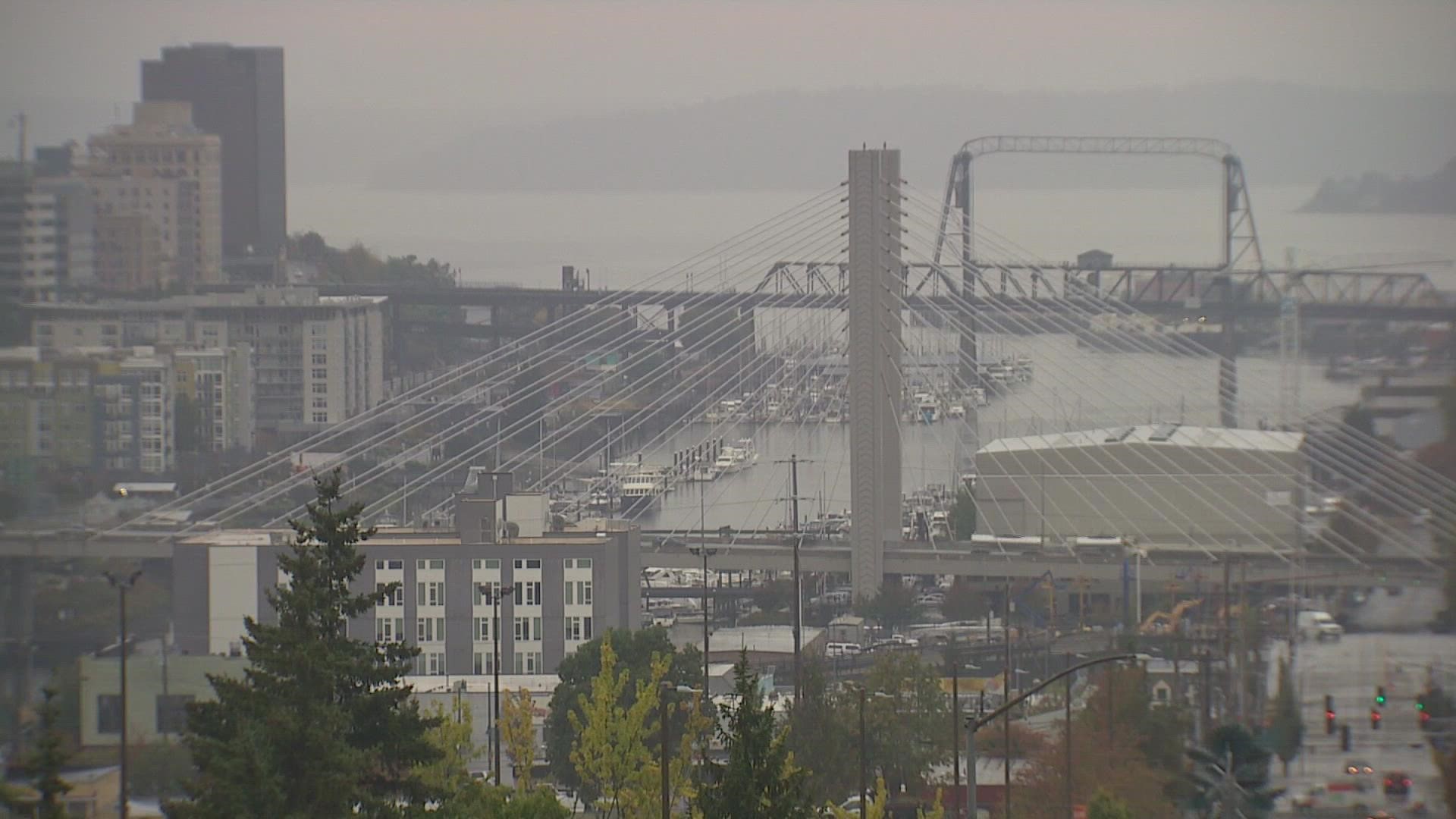TACOMA, Wash. — Researchers are hoping to have a better understanding of the impact of universal basic income by this time next year.
Starting Wednesday, $500 will be given to 110 families in Tacoma over the next 12 months.
Dona Ponepinto, president and CEO of United Way of Pierce County, said researchers will be following the chosen families during that time to see how the money is being spent. The program will hopefully demonstrate how impactful guaranteed income can be for families who need extra help and provide lawmakers with more context to, Ponepinto said.
“Our hope is that enough data is collected that’ll inform those policies at the state and federal level that also impact people that’re below the poverty line,” Ponepinto said.
The program focuses on families who fit the ALICE standard, which are households that are technically above the poverty line, but still don’t make enough to support themselves.
Abigail Lawson, who serves as the director for Tacoma’s Growing Resilience in Tacoma) GRIT program, said giving the money with no restrictions on how it’s spent is an important point because it would illustrate how effective guaranteed income can be in addressing people’s needs.
“The reason that we’re doing this is to have a more well-rounded understanding of how guaranteed income is doing in our community, potentially highlighting the greatest need in our community, and just showcasing the agency they’ll have over there dollars that they’ll receive,” Lawson explained.
So how much will this cost Tacoma?
Mayor Victoria Woodards said $100,000, which would cover administrative costs. The rest comes from Woodards’ connection to national organizations, along with fundraising from local businesses and community organizations.
“This investment will really change the trajectory of people’s lives in our community and we are grateful for that,” Woodards said.
Pierce County Councilmember Ryan Mello supports the program, hopes that community members see its value and that helping those who’re struggling right now benefits everyone in the long run.
“It helps all of our economic security. Folks spend most of these dollars every month - they live month to month - that money gets recycled back into our local economy, those local small businesses and services,” Mello said. “It is so much cheaper and more humane to keep someone out of homelessness than it is to help someone come out of homelessness once they’ve fallen into it.”

